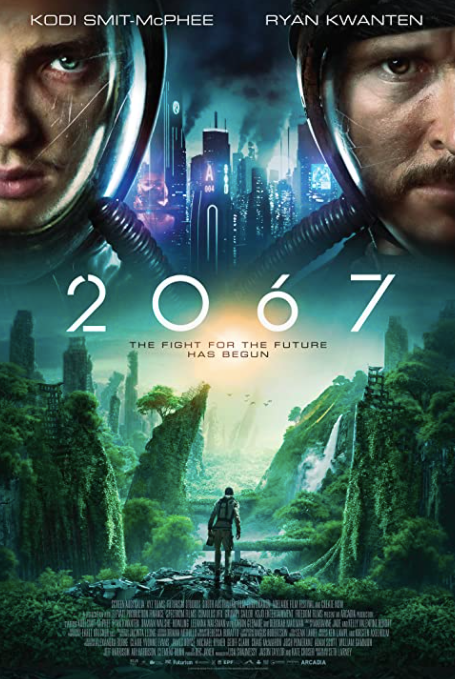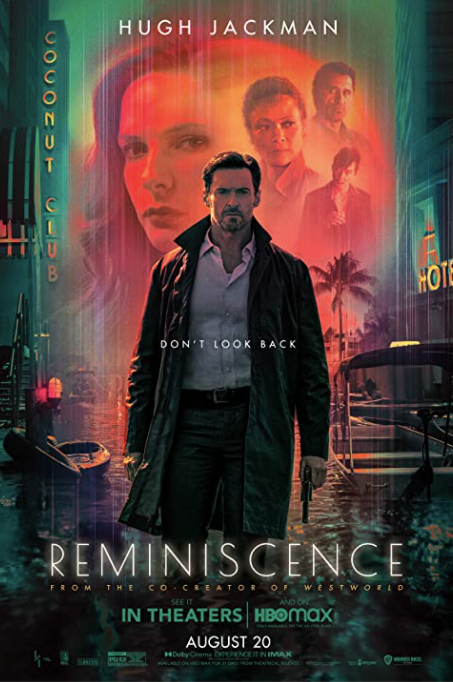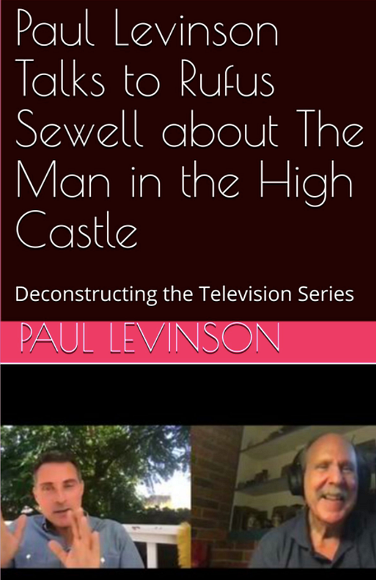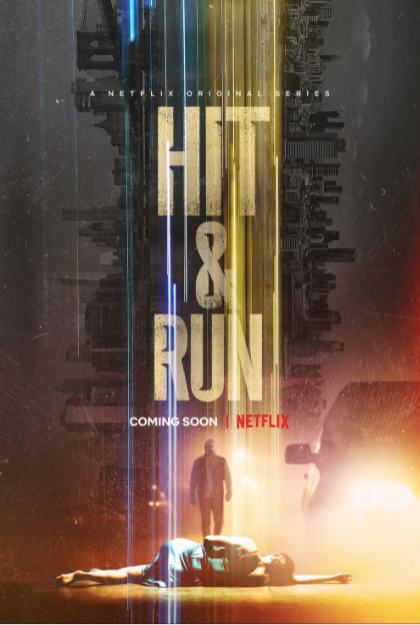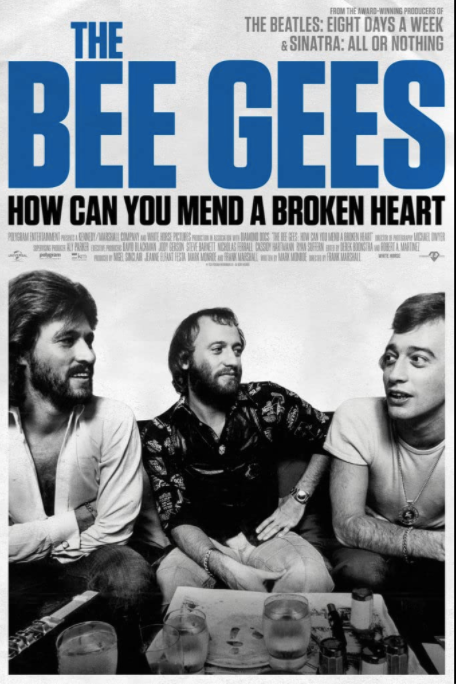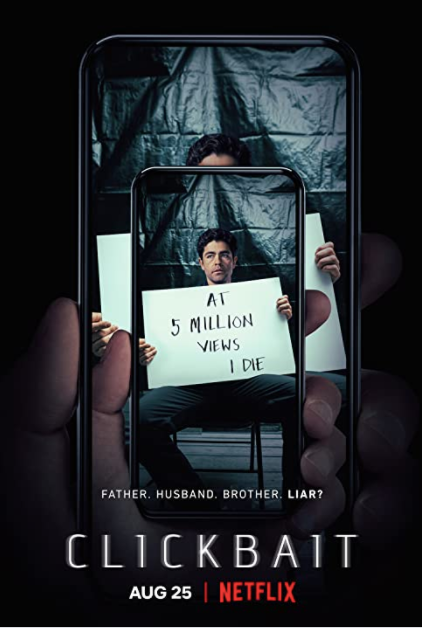
Just saw Clickbait, just up, eight episodes of riveting mini-series, on Netflix. It was that good.
Nick Brewer, a happily married family man with two sons, is kidnapped and the apparent victim of a sadistic and dangerous video hoax. He ends up --
Well. that's the only spoiler I'll give you. He ends up--
[SPOILER AHEAD]
He ends up dead.
The story then turns on why was he killed, who did this to him, for what motive? Was Nick not the decent guy he seemed to be? If not, how bad was he? What did he do? To whom? Each episode unfolds like a nest of Russian dolls -- or it Chinese boxes -- with different answers which fit right in and seem to make sense, until the episode ends. Characters turn on a dime from good to evil, and then turn out maybe not so bad after all. Except one.
All of this works, not just because of the carefully sculptured plot, but because of the attractive oddity of the characters and the powerful acting that beings them across. Zoe Kazan as Nick's sister Pia, Betty Gabriel as his wife Sophie, and Phoenix Raei as Detective Roshan Amiri are especially good. There's something about Raei's portrayal of Amiri, for example, a logic, a vulnerability, a toughness, a heart on his sleeve, that makes me want to see more of this Oakland detective with big ambitions. But they're all memorable, Pia's sassiness, Sophie's mix of anger at the world and devotion to her boys (Camaron Engels as Ethan, and Jaylin Fletcher), who also put in strong performances. As does, while I'm at it, Abraham Lim as reporter Ben Park, too. I've seen almost none of them before, and now expect to see a lot of them in the future.
Clickbait is also packed with plausible scenarios and villains, and I guarantee that you won't guess the ending. Ironically, the weakest part of this powerhouse is the first episode, which seems a little too cute and clever, and feels like you've seen it before. But once the narrative takes off, at the end of the second episode, you won't be clicking on anything else, as Netflix easily serves you what comes next in this story.

